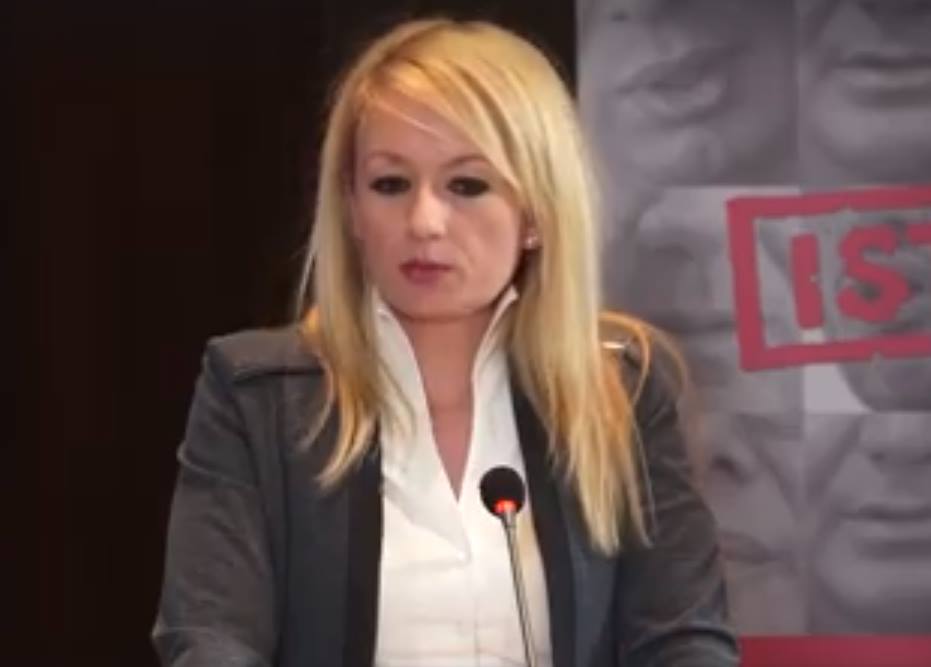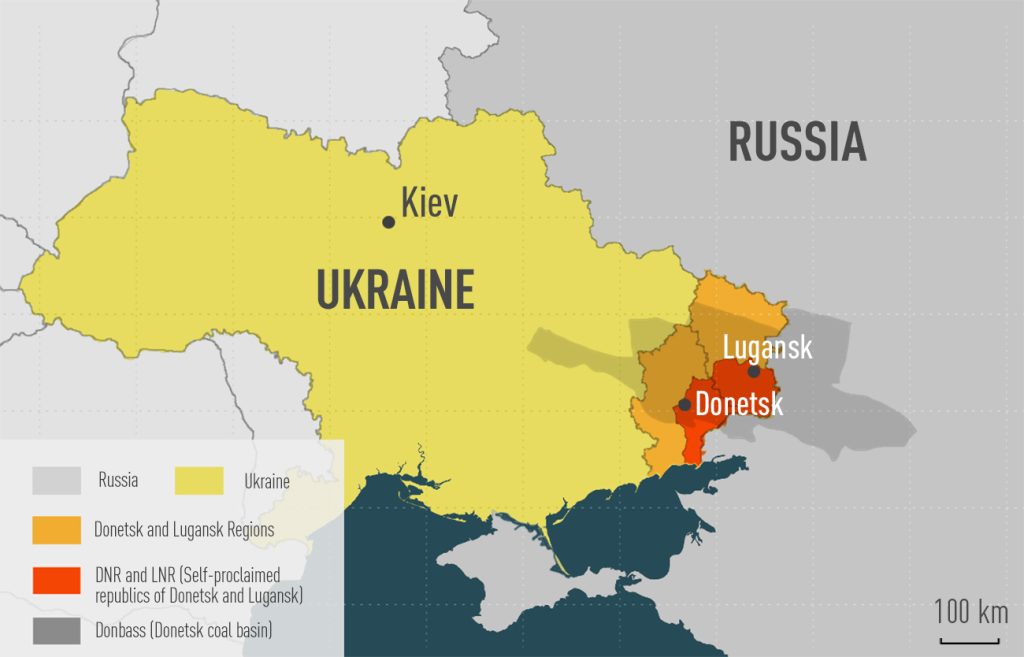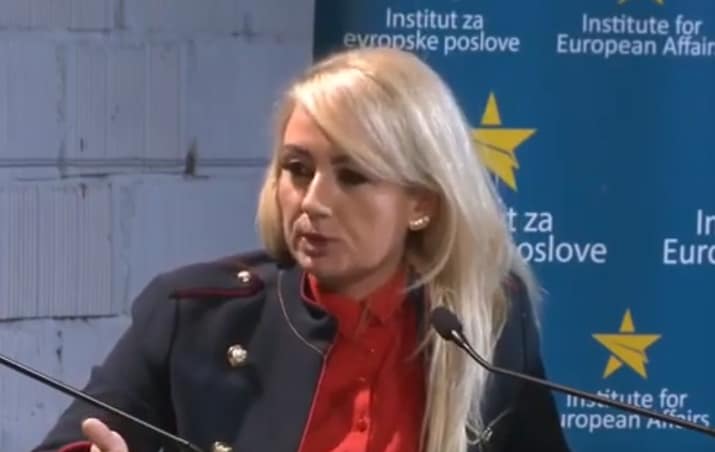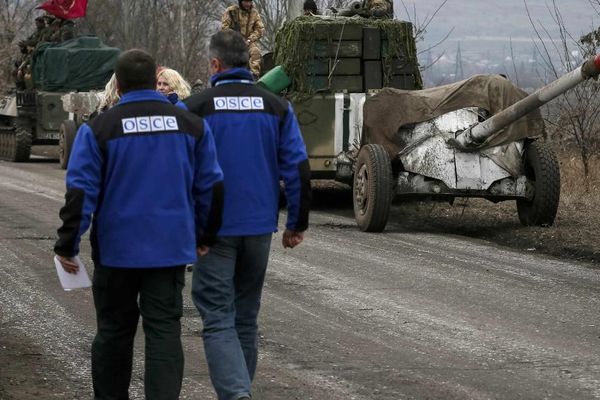Dragana Trifkovic: New Racak in Bucha, 23 years later
By Dragana Trifkovic
Is it possible to negotiate with terrorists who are ready for anything? Different countries have different attitudes towards this question. In many cases, terrorists see the willingness to talk as a weakness that they want to take advantage of. What is certain is that terrorists never play fair games.
The world is in its greatest crisis since the end of World War II. The international system that was established as a result of negotiations between the victorious powers of the World War II has been shaken from the ground up. The years of the „Cold War“, which were characterized by the confrontation of two large blocs, from today’s perspective, seem like a period of peace.









